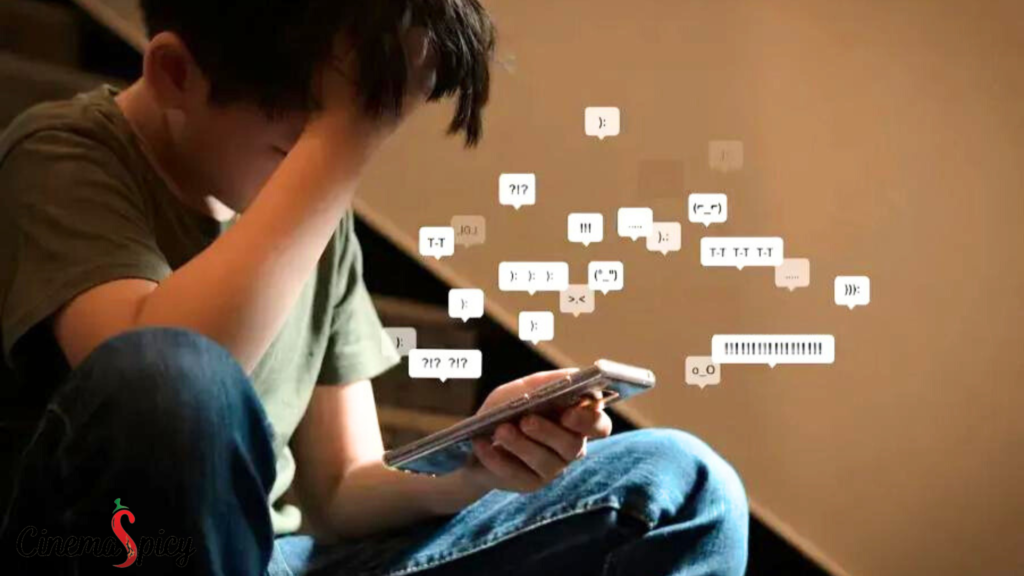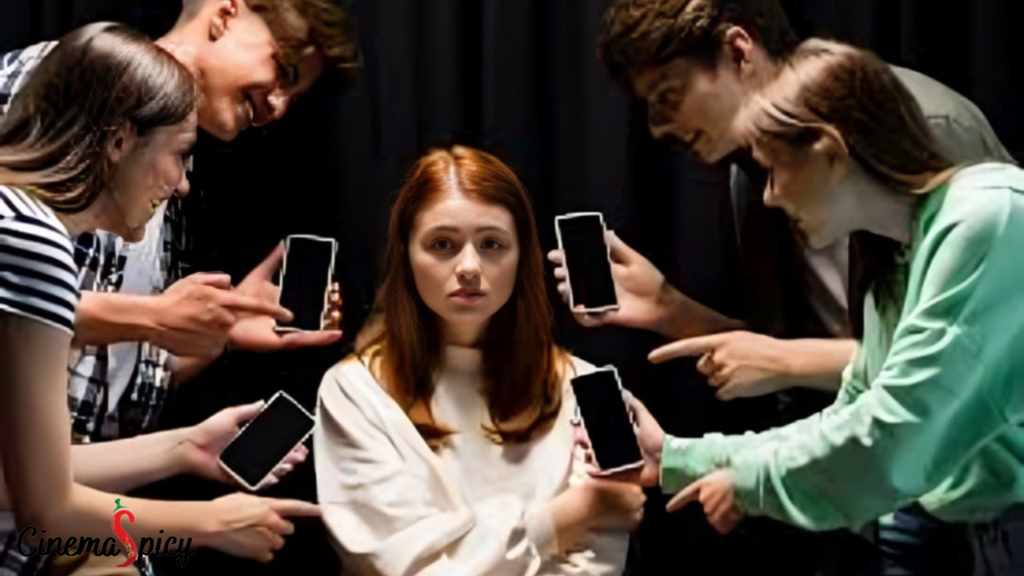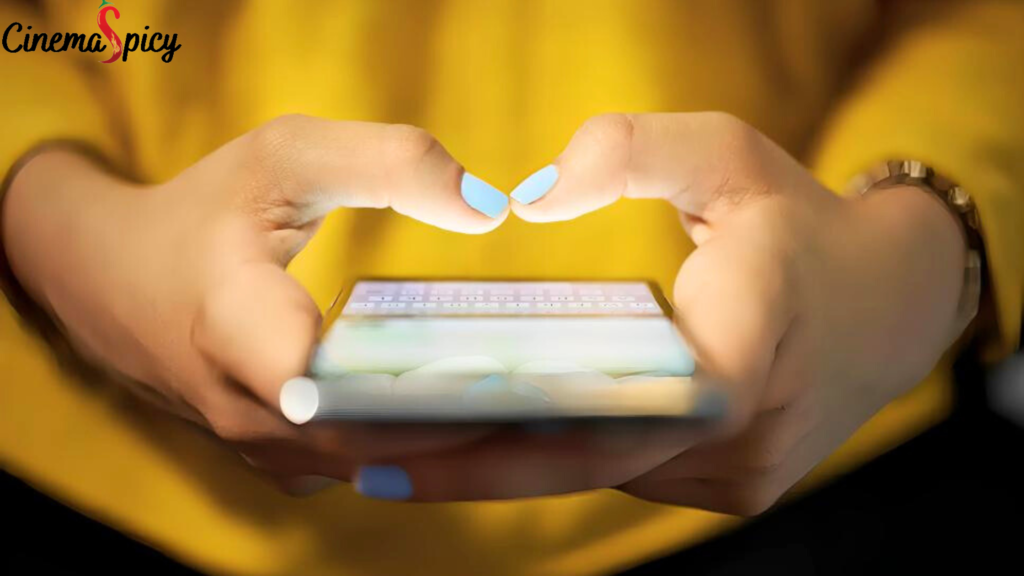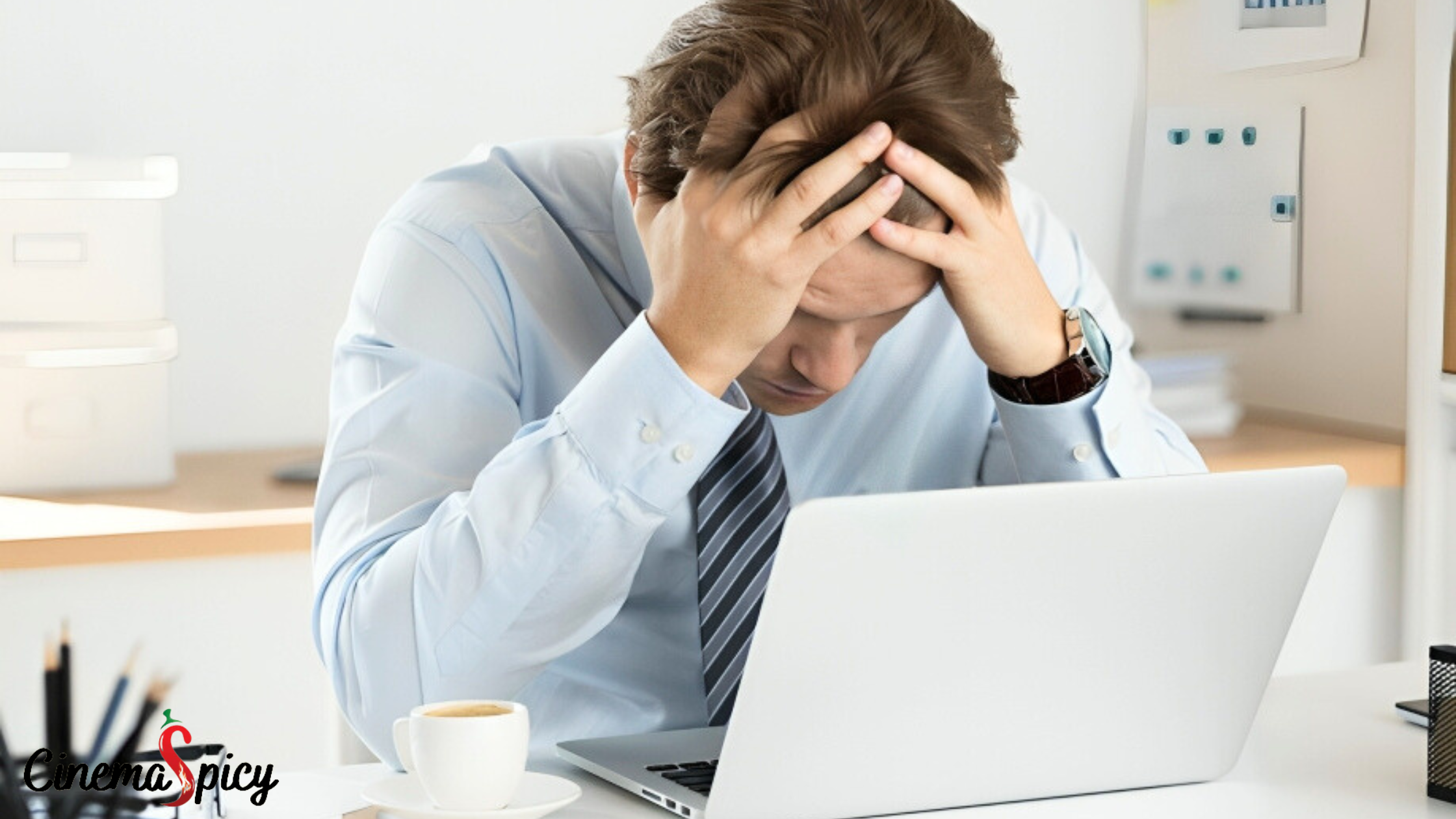The Impact of Social Media on Mental Health In today’s digital age, social media has become an integral part of daily life, profoundly influencing how we communicate, share information, and perceive the world around us. While social media platforms like Facebook, Instagram, Twitter, and TikTok offer numerous benefits, including connectivity, information dissemination, and entertainment, they also raise significant concerns regarding mental health.

This blog explores the multifaceted impact of social media on mental health, examining both the positive and negative effects and offering insights into how individuals can manage their social media use to maintain mental well-being.
The Positive Or Good Impact of Social Media on Mental Health

Enhanced Connectivity and Support Networks:
One of the most significant advantages of impact of social media on health care is its ability to connect individuals across the globe. For many, especially those who feel isolated or have limited access to in-person social interactions, social media provides a vital platform for building and maintaining relationships. Online support groups and communities offer spaces where individuals can share experiences, seek advice, and receive emotional support. These virtual networks can be particularly beneficial for people dealing with mental health issues, as they provide a sense of belonging and understanding.
Raising Awareness and Reducing Stigma:
Social media has played a crucial role in raising awareness about mental health issues and reducing the associated stigma. Campaigns, hashtags, and personal stories shared on these platforms help to normalize conversations about mental health, encouraging more people to seek help and support. Influencers and celebrities often use their platforms to discuss their mental health journeys, which can inspire and empower others to open up about their struggles.
Access to Information and Resources:
The internet, and by extension social media, is a treasure trove of information. Users can easily find articles, videos, and other resources about mental health topics, ranging from coping strategies to professional services. Social media platforms often feature content from mental health professionals, organizations, and advocates who provide valuable insights and advice.
The Negative Impact of Social Media on Mental Health

Comparison and Self-Esteem Issues
One of the most widely discussed negative impacts of social media on mental health is the tendency for users to compare themselves to others. Social media platforms are often flooded with images and posts that showcase idealized versions of life, leading to unrealistic expectations and self-comparison. This can result in feelings of inadequacy, low self-esteem, and depression. Studies have shown that heavy use of platforms like Instagram, which emphasize visual content, can exacerbate these feelings, particularly among young people.
Cyberbullying and Online Harassment
Cyberbullying and online harassment are important concerns with impact of social media and mental health use. The anonymity and reach of social media can embolden individuals to engage in harmful behavior that they might avoid in face-to-face interactions. Victims of cyberbullying can experience severe emotional distress, anxiety, and depression. The pervasive nature of social media means that negative interactions can occur at any time, making it difficult for victims to escape the abuse.
Fear of Missing Out (FOMO)
The Fear of Missing Out, is a psychological phenomenon exacerbated by social media. Constant updates and notifications can create a sense of urgency and anxiety about being left out of social events, trends, or conversations. This fear can lead to compulsive checking of social media platforms, disrupting daily life and contributing to feelings of anxiety and dissatisfaction.
Sleep Disruption
Excessive use of social media, especially before bedtime, can disrupt sleep patterns. The blue light emitted by screens can interfere with the production of melatonin, the hormone responsible for regulating sleep. Additionally, the stimulating nature of social media content can make it difficult for individuals to unwind and fall asleep. Poor sleep quality is linked to a range of mental health issues, including depression and anxiety.
Balancing Social Media Use in a day for Better Mental Health

Setting Boundaries and Limits
To mitigate the negative impact of social media on mental health, it is essential to set boundaries and limits on usage. This can include designated “no screen” times, such as during meals or an hour before bed, and using apps that track and limit screen time. Taking regular breaks from social media can help reduce the risk of addiction and promote a healthier balance between online and offline activities.
Curating a Positive Feed
Users can take control of their social media experience by curating a positive feed. This involves following accounts that inspire, educate, and uplift, while unfollowing or muting those that trigger negative emotions or self-comparison. Engaging with content that promotes well-being and personal growth can create a more supportive and positive online environment.
Practicing Mindfulness and Digital Detox
Mindfulness practices, such as meditation and deep breathing exercises, can help individuals become more aware of their social media habits and their impact on mental health. Regular digital detoxes, where individuals take extended breaks from all screens, can also be beneficial. These breaks provide an opportunity to reconnect with the physical world, engage in meaningful face-to-face interactions, and reduce the overall dependence on social media.
Seeking Professional Help
If social media use is significantly affecting one’s mental health, seeking professional help is crucial. Mental health professionals can offer strategies and interventions to manage social media’s impact and address underlying issues. Therapy, counseling, and support groups are valuable resources for individuals struggling with the negative effects of social media.
Conclusion
The impact of social media on mental health is more complex . While social media platforms offer significant benefits, such as enhanced connectivity, support networks, and a lot of information, they also pose risks, including self-esteem issues, cyberbullying, FOMO, and sleep disruption. By setting boundaries, curating positive content, practicing mindfulness, and seeking professional help when needed, individuals can navigate social media in a way that supports their mental well-being. As society continues to evolve in the digital age, fostering a balanced and mindful approach to social media use will be essential for maintaining mental health and overall quality of life.
Top 38 Best Motivational Bollywood Movies For Students Must Watch for Success





